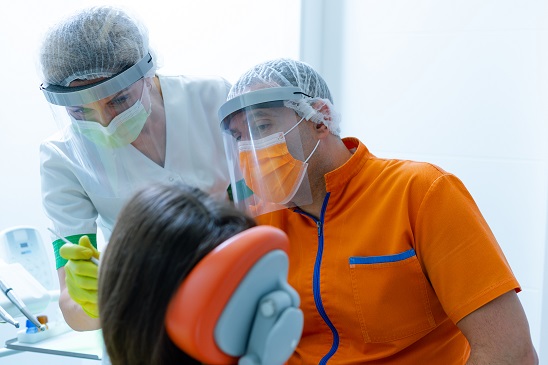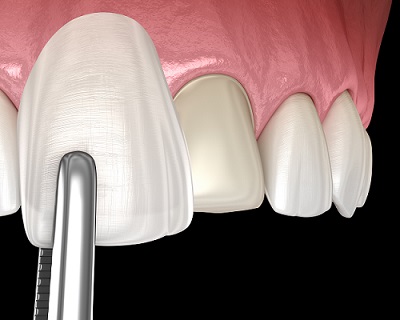If you’ve ever had a toothache, you know what a serious obstacle it can be to your life. Anyone who’s never had a toothache probably would consider it to be not such a big deal, but those who’s experienced toothache pain know better. A toothache can cause severe pain that can stop you from doing the things you need to do, and that’s unacceptable. There are a number of varying causes of toothaches, some that are highly preventable, and others that aren’t so preventable. The source of a toothache can be a dental problem such as a cavity or exposed nerve roots. But what most people probably don’t know is that a toothache can also be caused by outside sources, such as ear infections and even sinus problems. The following information will help answer some questions you may have about the causes of toothaches, as well as offer some preventive measures that can be taken to avoid them altogether.
Toothaches caused by problems with teeth
Naturally, many toothaches are caused by problems within the teeth themselves. The most common sources of toothaches are cracked or broken teeth, exposed nerves in teeth, and decayed or decaying teeth.
Teeth that are cracked or broken
Teeth that are cracked or broken can lead to toothaches because they’re more vulnerable to the buildup of bacteria that can lead to infection. If you’ve ever had a tooth that’s been chipped, cracked, or broken, you may have experienced an accompanying ache. This isn’t only because of the breakage; it’s also because any holes or tiny crevices in the tooth and surrounding structures are open to holding more bacteria than usual. Another reason for toothaches in these situations is that the enamel can become loose, and that can lead to a buildup of pressure on nerves, especially when eating.
Teeth that have exposed nerves
Exposed nerves are a field day for toothaches. Live nerves can be exposed during any number of dental conditions, such as with tooth decay, cracked or broken teeth, and even with missing teeth. When underlying live nerves are exposed in any of these or other situations, shooting pains or even dull aches can occur, typically when eating and especially when hot or cold foods or beverages are being consumed. In fact, it’s in these situations that many folks learn of their toothaches in the first place. Additionally, even saliva or air can lead to pain when nerves are exposed.
Teeth that are decaying
Tooth decay … it probably sounds pretty bad. But the fact is that you likely have some tooth decay in your mouth right now. Did you know a cavity is tooth decay? So why will tooth decay sometimes lead to a toothache? Simple. A cavity is a hole in your tooth and, depending on how many layers the cavity penetrates, nerves can be exposed. Also, holes in teeth can lead to bacteria buildup, which can cause infection that leads to a toothache.
Toothaches caused by other sources
Sinus problems
Sinus problems can lead to toothaches because the sinuses are located close to tooth roots. When pressure builds up in sinuses, it’s that pressure that can lead to a toothache.
Ear infections
An ear infection can be a severely painful event, especially if left untreated. The pain from an ear infection can spread to the teeth, causing an ensuing toothache.
Toothache prevention
The best thing about toothaches is that they are typically largely preventable. In most cases, the best prevention of a toothache is as easy as twice-daily brushing, once-daily flossing, eating a healthy diet that includes crunchy raw vegetables, and twice-yearly dental checkups for thorough, professional cleanings.
Knowing the causes of toothaches is very helpful in preventing them. Of course, once you’re experiencing a toothache, all you really care about is getting rid of the pain. But, if you’ve ever experienced a toothache, it’s a good idea to learn about the possible source of past or present toothaches in order to prevent future ones. For more information on the causes, symptoms, prevention, and treatment of toothaches and other dental issues, contact a dental office in your area to schedule a consultation to be examined and to have all your questions answered.



